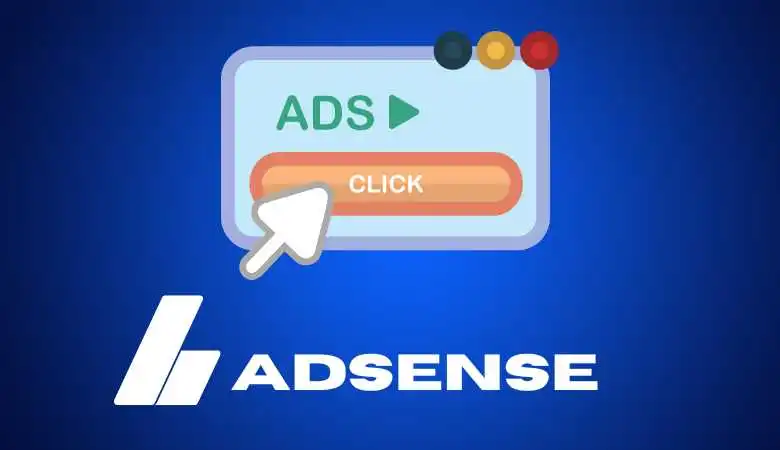What is the Best Keyword Density for a Website?

Currently, everyone who bases his company on the Internet, or a large part, and intends to generate profits for his business is beginning to see SEO optimization in Web search engines as his best ally.
As an SEO and web positioning consultant, I can assure you that we will not reach the top of the results lists, ignoring what SEO is and its techniques that make us “nice” in front of search engines like Google.
The problem with SEO optimization practices is that they are often taken very literally as if they were mathematics, as if it were a standard procedure, which is not how it works. Yes, there are parameters to satisfy, but we should not be afraid to create or vary our version.
I have SEO stories, especially regarding content and famous or “keywords.” And it is that we become obsessed with it, to the point of believing that it is the only thing that matters and is not!
I recommend that you forget about keyword density as the focal point of your strategy and the writing of your content; instead, focus on quality and think, is this content good enough to share with other people? You will see how it is more important that the keyword appears many times in the text.
Formulas for Calculating Keyword Density
I will leave you one that I found over there, which helps to know in what percentage the keyword is repeated.
I think it is not necessary, as many people say, to reach 3% of keywords; with 1%, or a little less, I think it is enough:
Density = ( Number of times the keyword appears / Total number of words ) * 100
As I told you, many say that it should be between 3% and 5%, but I don’t think that much is necessary.
Avoiding the Extremes
While we should not obsess over keyword density, there are limits or extremes that we should not reach.
The best-known extreme is that of exceeding the use of keywords. Many people, for example, put the same keyword up to three times in every 100 words of text, which is outrageous and will lead to key stuffing.
Another extreme, very little known by SEO fanatics, is to repeat the keyword rarely in the text or the content.
Here the problem is apparent: a keyword in a text of 500 words does not indicate to the search engine that this content is relevant to that topic. However, it is still true that these engines have association capacity.
According to my experience, pages with content of 500 words and three times the keyword have been positioned even in the first place, but knowing how to create a link strategy that supports them will be discussed in due course.
For now, we are left with the fact that very little will not allow the search engine to locate itself concerning the subject, and too much will set off the alarms of a practice that is penalized.
If not in the text, where can I repeat the keyword?
This is a good point that helps complement the density of keywords in texts.
If you want Google to index your content under a keyword, you must know how to place it where the engine will search for it.
The Keyword Must Appear in the Post Title
- The keyword or keyword must appear in the URL that leads to the content. This is very important. In fact, by doing so, the search engine can give you relevance. My advice is that you know how to combine the keyword with some other phrase for your URL and title, more than anything, to make it attractive to the reader.
- In the meta description, it should also appear. This section is like a summary of what is found in the content and is the first thing the search engine reads; appearing there is essential.
- Images can include the keyword. It may be abstract initially, but search engines read image descriptions, titles, captions, and alt content, so putting your keyword there can be very convenient.
- Within the text. I had already told you about density, but a keyword must appear in the different levels of content titles.
Suppose you look at all the keywords you want to put in the text, making it unnatural. In that case, you can distribute it throughout all the elements that make up a blog entry or a page and thus tell the search engine that you are interested in the index under those terms and, at the same time, optimize the SEO of the Blog.
Imagine now if you had put 15 keywords in the text, also in the title, in the URL, in the meta description, and others. Does it seem natural to you? No, it is not; that is what I have been telling you.
Keyword Variations
There is much more to consider for your content to align with SEO best practices. If you have already implemented a strategy, you will have realized that the repetition of the keyword is a challenge because it is not semantically correct; that is where the secondary keywords come in.
Words like “in” and “from” are often excluded from the keywords we use; there are also plural or singular synonyms that are being left out.
Although you should sometimes repeat the keyword as it is usually used, it is worth using “in” or “from” and the possible variations so that the result is more natural. I insist; imagine that someone else will read that, and you do not want to find a grammatically and orthographically deficient text.
I just remembered the spelling, and it is another challenge that arises in the optimization in Spanish. The tendency of those who create content, and stick to the rules of optimization, is to ignore all the graphic accents of the words. For example, they use “optimization” instead of “optimization” just because they want to give you 100% matching.
I am not saying that it is unnecessary, but it is still true that the experience of those who read it will not be as good (I associate professionalism with good spelling). The important thing is the combination of what the search engine wants and what the users expect. In addition, improvements have already been made so that search engine like Google understands that the letters with an accent mark are equivalent to those without.
Keywords and Competition
Now I want to talk to you about what causes the keyword to be abused. And it is that people, by logical deduction, believe whoever has the most number of keywords in a text of the same length will be positioned first.
It is not necessarily so; that is an old belief that is not valid today. Yes, there is competition in indexing, and yes, you have to make efforts to position yourself better than the competition, but density helps very little.
The solution to the competition is that you study well the user you want to capture. You are most likely doing a campaign for a local business, so using long-tail keywords can help you reduce the competition.
For example, if we search for “digital marketing” on Google, the competition will be monstrous; positioning content under that term is a considerable challenge. Now, if we go to “digital marketing Barcelona,” we see that the competition is much less while I still reach the users that interest me.
The general rule is to be as specific as possible, as long as you include the keywords your potential users and customers are using.
It is not that you do not have to repeat the keyword, but the search engines will indeed consider you more quickly for indexing if you work at a more local level. And this is one of the keys, for example, to the well-known SEO Growth Hacking.
Quality Content and Linking Strategy
Now we are going to talk about what matters when we optimize the content on the Internet.
You have already satisfied the general rules of Google, and criteria such as the famous Google EAT, placing the keyword three times in the body and the other times in the title (according to my measurement for 500 words), URL, etc., but still, you have not finished.
Search engines like Google need the community to tell them that this content is valuable; only then will they position it better and better. This is achieved with quality content and a linking strategy.
We can safely assume that if the content is good, other people will use it as a reference or share it on social networks. Each user is linking to the content and telling the search engine: This content is valuable.
I have to tell you that uploading content today, no matter how good the quality is, is not going to put you in the first position, and that is because the search engine will compare your content with the one already first. The first search result will not find the community’s support that the leader has (at least not overnight).
Rather than working on entering keywords as if there were no tomorrow, work so that they link to you and that Google says this content is good, as this infographic summarizes.



![Digital Marketing Trends in 2024 [AI & More Advancements]](https://www.scrolltrendy.com/wp-content/uploads/2024/07/Digital-Marketing.webp)

![Attractive Mail Subjects [Examples] for Email Marketing](https://www.scrolltrendy.com/wp-content/uploads/2024/06/Email-Marketing.webp)
